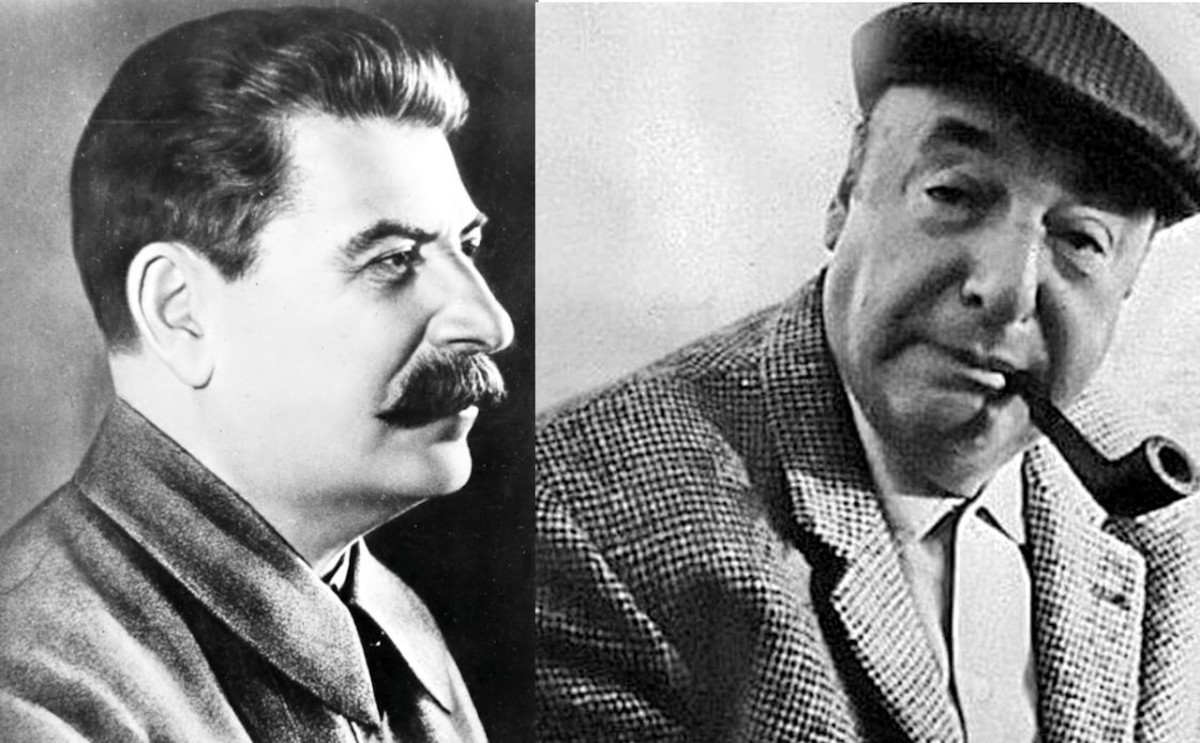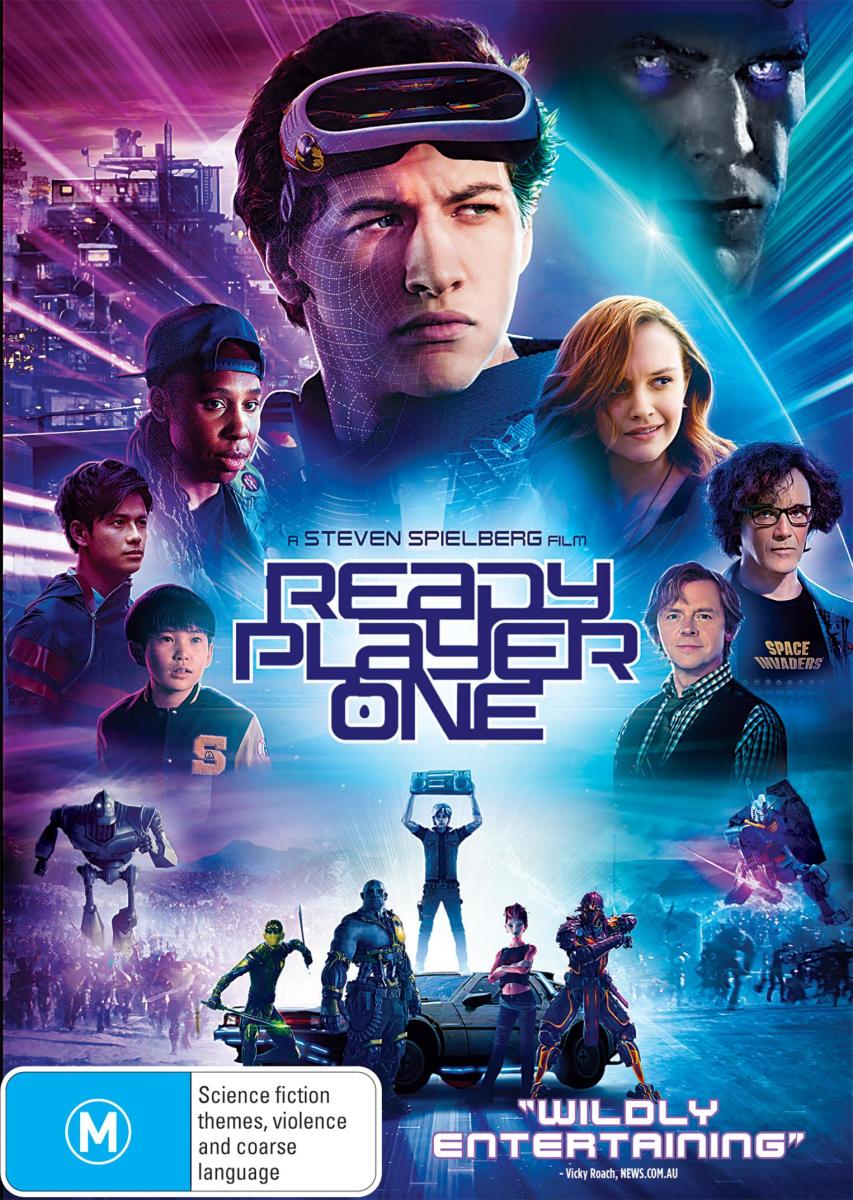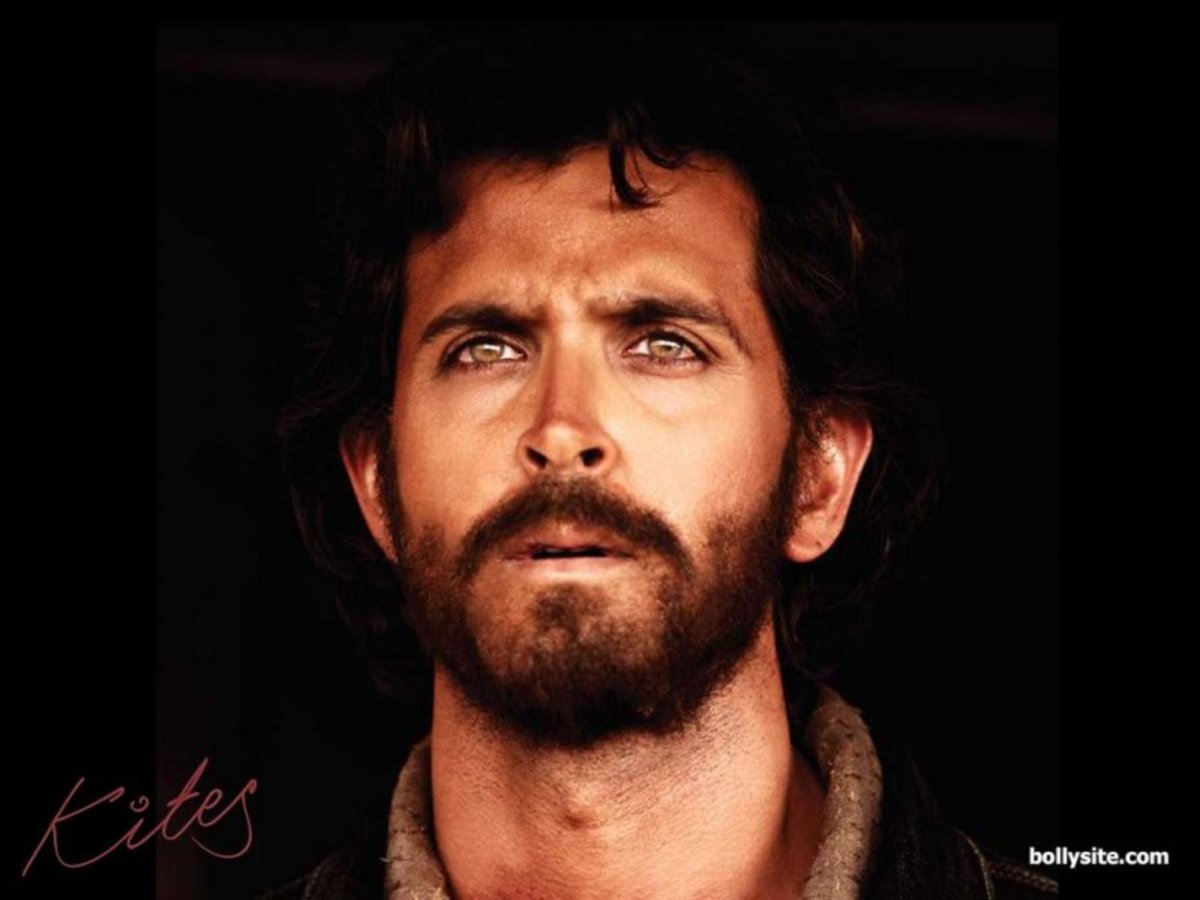Foreign Film Review Spotlight: Il Postino, A Film about the Power of Poetry
Pablo Neruda and Mario the Fisherman
Though this film came out fifteen years ago, it has been one of my favorite ever since. I decided to write about it because I found the character of Mario to continue to be inspiring to me even years later. There are a few spoilers in this article, so I feel I should mention that up front if anyone is concerned about this issue.
The film Il Postino, an Italian film released in 1995 and directed by Michael Radford, appears at once to be a light-hearted tale about simple characters with simple dreams. The title character, Mario, is a man of simple education who needs a new job because of a habitual “boat-sickness” he has that interferes with his family heritage fishing in a small village on an island off the coast of Italy. In contrast to the character of Mario, one of the greatest poetic minds of the twentieth-century, Pablo Neruda, ends up in political exile on the same remote island creating the perfect opportunity for Mario, who still needs a job, to work without ever having to go near a boat.
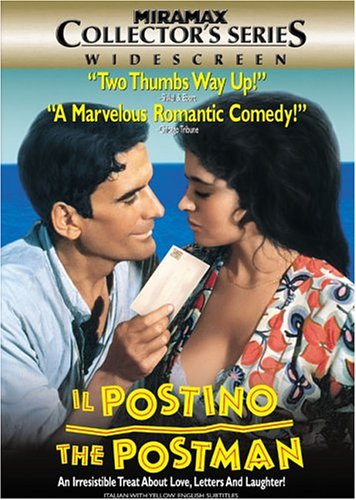
The plot of this charming film takes off from there while artfully and carefully contrasting the two main characters. The village inhabitants are charmingly written and performed as they stumble about awkwardly aware of their commonness for the first time in front of Neruda. Mario is particularly enthralled with Neruda, not just the man, but the mystery and passion of the world of poetry he introduces him to. This meeting ignites a spark inside of Mario that leads him into the arms of his love, appropriately named Beatrice, but also into dangerous politics and eventual tragedy. The film, keenly aware of an Italian poet obsessed with a girl named Beatrice, uses this knowledge both humorously and touching in moments that you keep with you after the film.
Interested in Other Foreign Films?
- Foreign Film Review Spotlight: 1997's La Vite e Bella, or Life is Beautiful
In 1997, Roberto Benigni, Italian comedian and film star, did something many actors do. He made the transitions to writing and directing. What makes Roberto Benigni's transition so special is that it was...
It is not insignificant that the changes Neruda brought to Mario’s life are both good and bad. The danger of poetry and passion lurk around every corner, be that corner political alliances, the truth of Mario's own insignificance to Neruda, or an angry aunt bent upon protecting the purity of her niece. This is the danger that comes when one trades innocence for knowledge. The transformed Mario experienced a life his previous self could not have imagined, but such transformation came at a cost. This speaks to the truth of our own experiences, which is why Mario resonates with us even though he comes from another time and another place.
As the film progresses, Neruda inevitably leaves. Mario, of course, is forgotten. He does not mind. He is a fishing man who lives life to the fullest now. Years later, upon reading that the sounds of the beach of his island left a lasting impression upon Neruda, Mario takes it upon himself to document the sounds of the Island so that Neruda might not forget them. This tape is the poem Mario didn’t have the language to write. It was the poem of his village, of the simple to their heroes. In all of this, Mario takes no thought of himself. He was a man who was enlarged to know his limits and his benevolence spilled over. In this, the character of Mario reminds us of the good we are capable of. In this, the film reminds us of what an honor it is to be human, because human beings not only write poetry, sometimes, they read it too.
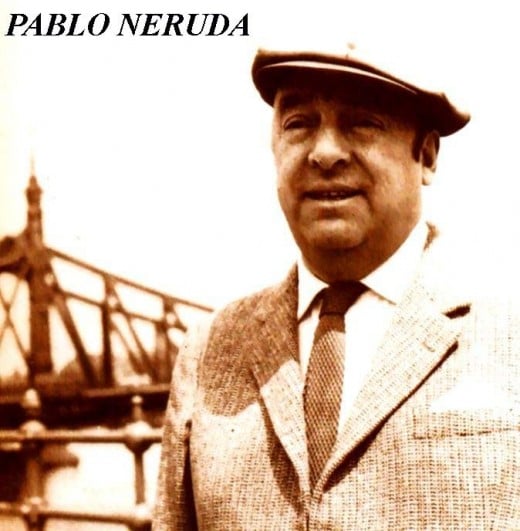
The life and passion inspired in Mario by Neruda and his poetry defies the somewhat superior tone that dominated their personal interactions throughout the film. Though the nature of Neruda's ultimate attitude towards Mario seems a bit ambiguous, his lasting effect on him was not – Neruda infinitely improved the Mario he met on that small island. And Mario, in his turn, did not desire to imprint himself upon Neruda, for he hardly felt worthy of that. Rather, he wanted to give back to Neruda only what he received: life more abundantly.
In my experience, as in the movie, life goes on and life ends simultaneously and inevitably. In the end, there is always death, but the spark of life in Mario that was ignited burned on past his untimely end. It seems difficult to call such a portrayal inspiring, but that is the irony of conviction. It inspires even when it seems it shouldn’t. This film will forever be a timeless testament to the transformative power of poetry.
Other Hubs on Film and Television
- Films That Redefine Your Expectations: Richard Kelly's "The Southland Tales"
For most people the name Richard Kelly has no relation to film. Well, why should it? He's only now releasing his third film in October 2009. Having graduated with a degree in film from USC in 1997, Kelly... - Television and Media Culture: Painful Advertising, or How Cable TV Broke My Eardrums
The recession has given American a lot more time to watch television. I have been no different, I am sad to say. But I have noticed that some things have changed since I last spent time in front of the... - Films and Cinema: The Return of the Son of Hollywood: The Sequel pt. IV
When I was a child and physically had to wait for about three years after finding out the true identity of Darth Vader for the final chapter, I couldn't stop thinking about what would happen next for the...

![Il Postino [DVD]](https://m.media-amazon.com/images/I/51Om-YuaB-L._SL160_.jpg)



